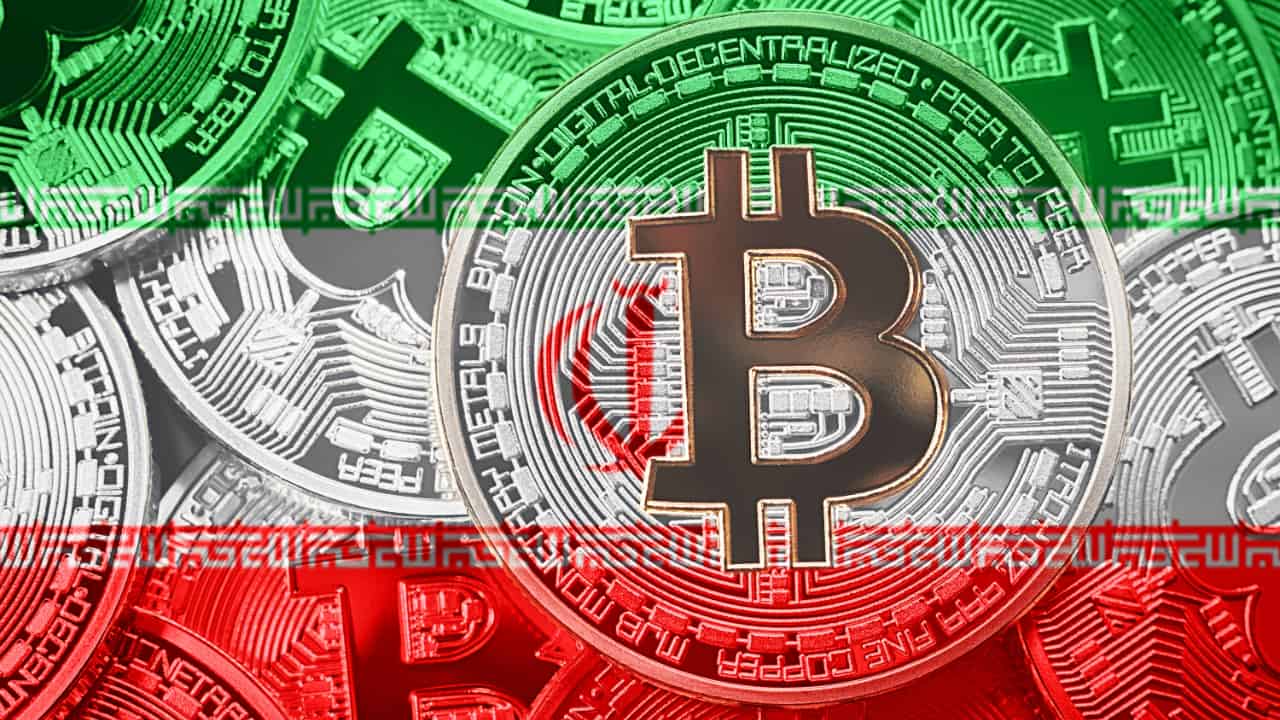In an effort to ease the strain on Iran’s power plants and avoid blackouts, Mostafa Rajabi Masshhadi, the director of the state-run Iran Grid Management Co. and a spokesman for the country’s power industry, confirmed for the second time this year that the country had ordered the closure of cryptocurrency mining centers.
As a result of the temporary ban, which will last until March 6, 209 megawatts of electricity will be available to be used in the household sector, Rajabi Mashhadi indicated in an interview with state television. Additionally, the authorities are also taking actions against mining units as well as individuals who carry out illegal mining at home and on a larger scale. More than 600 megawatts of electricity is consumed by these unlicensed operators who represent the largest share of crypto mining in the country.
In addition to reducing fuel consumption, other fuel saving measures include turning off street lights in some areas and reducing the power consumption in the office. The government, according to Rajabi Mashhadi, expects to produce 60% more electricity this summer.
The Islamic Republic of Iran temporarily banned the practise of crypto mining earlier this year due to a series of blackouts across several major cities that were blamed in part on an increase in the highly energy-intensive process. A nationwide ban on crypto mining sent operators to other nations, including places that offer inexpensive power, this year after the majority of crypto mining used to take place in China. Consequently, this has caused a great deal of strain on power grids, causing some countries like Iceland to place limits on the sector.
In recent weeks, the daily gas consumption in the domestic sector of Iran has spiked to an unprecedented rate of 570 million cubic meters per day, according to National Iranian Gas Co., which announced last week that it had “maxed out” its natural gas production at 800 million cubic meters per day. There has been a reduction in the supply of electricity to industrial units as a result of excessive demand.






























